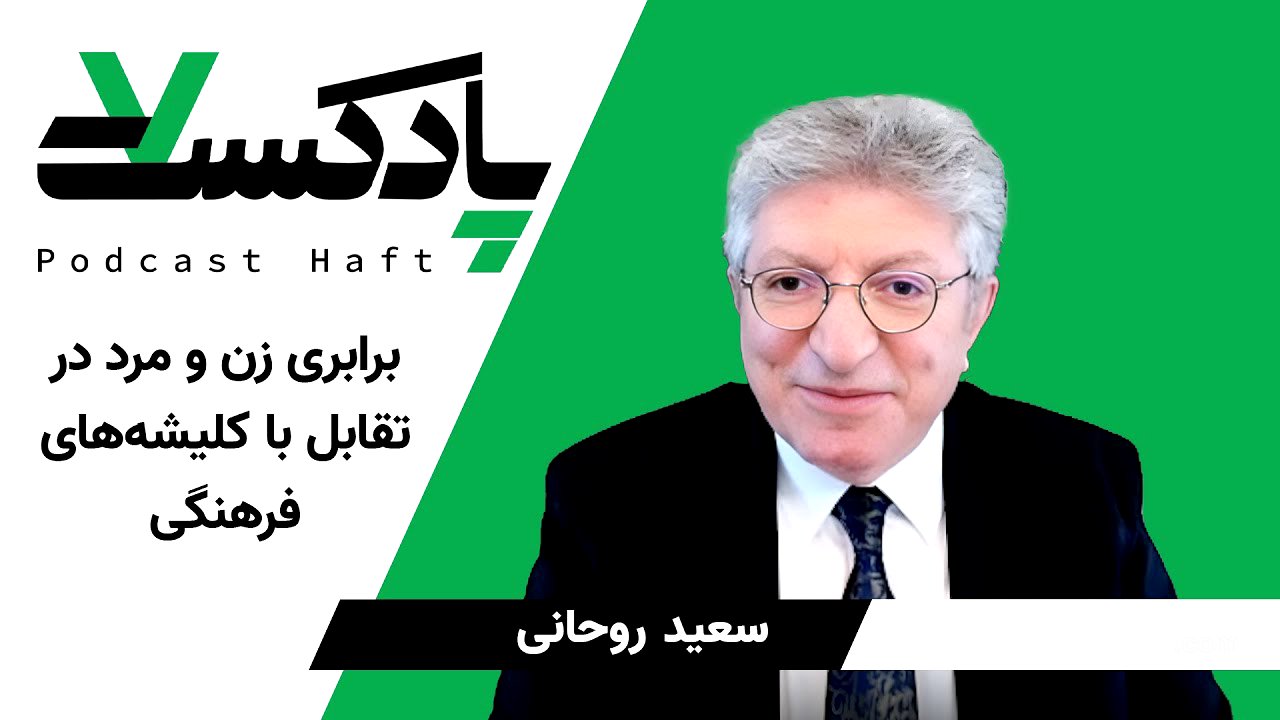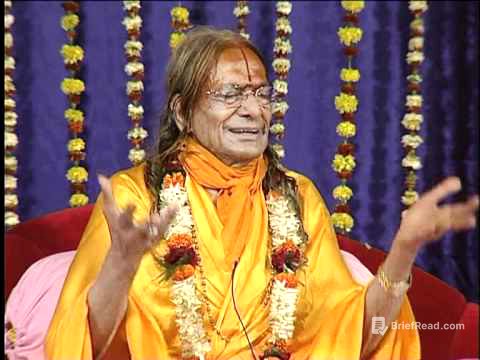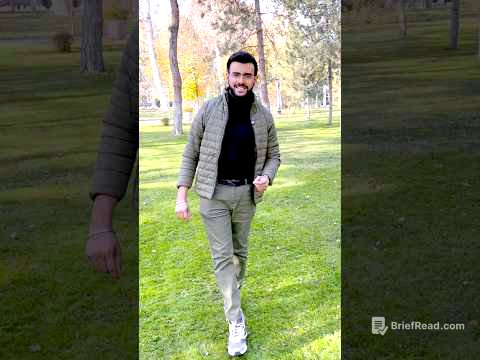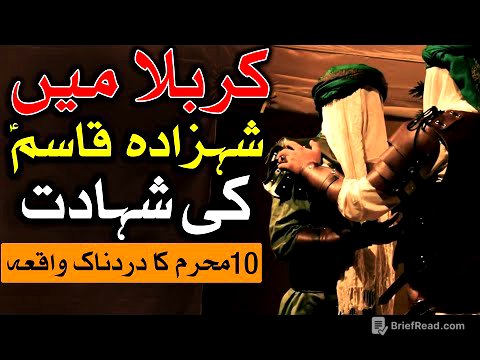TLDR;
This podcast explores the pervasive stereotypes surrounding gender roles from prehistoric times to the present day, emphasizing the importance of equality between men and women for societal progress. It highlights the Baha'i perspective, which views society as a bird needing two equally strong wings (male and female) to fly, and discusses the necessity of education and awareness to dismantle deeply rooted stereotypes. The conversation also addresses obstacles to achieving gender equality in Iranian society and encourages the younger generation to initiate change within themselves.
- Gender stereotypes have shadowed the relationship between men and women from the past to the present.
- Equality between men and women is essential for societal progress, like the two wings of a bird.
- Education and awareness are crucial to breaking down deeply rooted stereotypes.
Introduction [0:21]
The podcast introduces the topic of gender equality, referencing French archaeologist Ms. Patomats' book, "Our Prehistoric Man is Also a Woman," which challenges gender-based assumptions in interpreting prehistoric roles. It notes that discoveries like stone tools and cave paintings were automatically attributed to men, despite evidence suggesting women's active participation in hunting, painting, and communal life. The discussion aims to examine how these stereotypes have influenced perceptions of gender roles and how to overcome them.
The Baha'i Perspective on Equality [1:50]
Dr. Rouhani discusses the Baha'i Faith's view on equality between men and women, using the metaphor of a bird with two wings. According to Baha'u'llah, human society needs both male and female forces to progress, just as a bird needs two equal wings to fly. This perspective emphasizes that equality is not just a matter of fairness but a structural necessity for societal advancement, encompassing justice, fairness, and human dignity. Development requires the participation of all humans in an equal position, regardless of discrimination, to build a sustainable society.
Persistence and Impact of Stereotypes [5:49]
The discussion addresses the historical and cultural stereotypes that have shaped gender roles and continue to persist. These stereotypes are deeply ingrained, often unconsciously, from early childhood and are present across various societies. Even in developed countries, these stereotypes have hindered women's progress, as illustrated by examples in art and science where women's contributions were overlooked or dismissed due to their gender. Scientific interpretations have also been influenced by these biases, leading to skewed understandings of women's roles in prehistoric times.
Breaking Down Stereotypes Through Education [11:07]
The initial step to breaking stereotypes is awareness and education, starting from the earliest stages of life, even before birth, with the mother's psychological state affecting the fetus. Education at both the family and community levels plays a crucial role in shaping attitudes towards equality. Moral education, focusing on human values such as justice, fairness, and mutual respect, is essential. While academic education for girls is increasingly accepted, moral education is vital for cultivating a mindset of equality. Educators like Maria Montessori emphasized that education should strengthen human dignity and liberate individuals.
Obstacles to Equality in Iranian Society [17:00]
The conversation shifts to the obstacles to gender equality in Iranian society, including discriminatory articles in the constitution and patriarchal interpretations within the legal system. Despite movements by Iranian women and supportive men to achieve equality, there has been significant opposition and repression. Figures like Taher Qara-al-Ain have historically championed women's rights, emphasizing the unstoppable nature of the movement towards equality. The discriminatory laws and culture of silence exacerbate these challenges, but the courage of Iranian women in seeking change offers hope.
A Message to the Younger Generation [20:05]
Dr. Rouhani's key message to the younger generation is that change begins with oneself. Individuals should examine their own behaviors, speech, and reactions to identify and combat personal stereotypes. This internal change is the foundation for broader societal progress. The younger generation, with its more common mindset, is well-positioned to drive change, and the ongoing developments globally and within Iranian society are promising. While the path to equality may be long, it is one that leads to hope and improvement in societal conditions.









